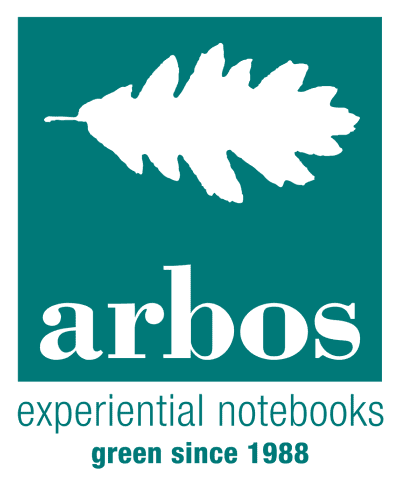Italy is a country with an extremely wealthy historic and cultural heritage. Everywhere we go, we can visit museums and historic archives that tell us about the past of the local territory.
Stories of extremely high value, important testimonials of our artistic and cultural past, sometimes set away from the main tourist routes.
But the valorisation of such wealth can be difficult, due to a lack of human and financial resources.
We are talking about complex activities that require many different specialisations: marketing, communication, history of art, to name a few. Skills that are difficult to manage, unless they are well organised through financial measures that gives them direction
Museum merchandising therefore becomes a fundamental aspect of this valorisation strategy, as it can become an effective self-financing tool, capable of supporting other necessary promotional activities.
Within this framework, thanks to its versatility and the fact that it does not require high levels of investments, paper merchandising has over time become a real economic and promotional opportunity for cultural and experiential tourism.
For many years, Arbos has been working together with small and large entities, making available all its experience in the creation of museum merchandising collections capable of both enhancing the historic and cultural value of the object, and attract the consumer with captivating products.
An example of such collaborations is undoubtedly the “mammoth” project developed with Massimo Roncarà of Studio Atelier, Ferrara.
A collection that we completed 20 years ago and that we want to celebrate this year, which marks the centenary of the birth of Federico Fellini.
Federico Fellini was in fact the star of a merchandising collection realised using images shot by Franco Pinna sul on the sets of his most famous films.
A collection of notebooks and notepads, strongly recalling the moods expertly created by the great director.
Of course, everything strictly 100 % recycled and 100 % Made in Italy.


Images taken from the Franco Pinna archive. Copyright Arbos, Artware, Annamaria Greci Pinna – 1999



